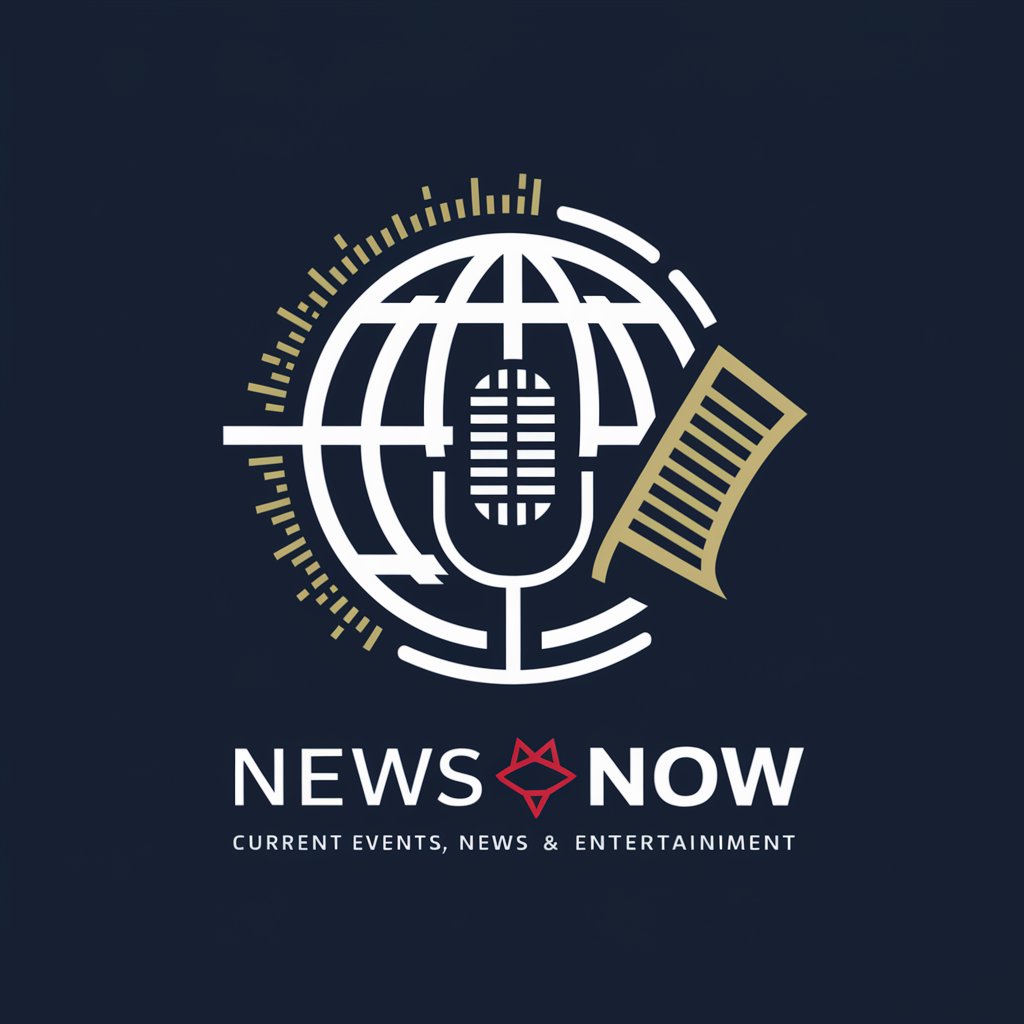4 GPTs for Crime Reporting Powered by AI for Free of 2025
AI GPTs for Crime Reporting are sophisticated tools powered by Generative Pre-trained Transformers designed to address tasks and topics related to crime reporting. Leveraging the capabilities of GPTs, these tools offer tailored solutions for the creation, analysis, and dissemination of crime reports. They utilize advanced natural language processing to understand, generate, and process text, making them invaluable in automating and enhancing the efficiency of crime reporting processes. Their relevance in modern policing and public safety is underscored by their ability to handle vast amounts of data, provide insights, and support decision-making in real-time.
Top 4 GPTs for Crime Reporting are: Analista Virtus - Ocorrências Policiais,News🗞️Now,HMIC Document Helper,Canadian Crime Watch
Analista Virtus - Ocorrências Policiais
Unravel Criminal Patterns with AI

News🗞️Now
Stay informed and visualize news with AI.

HMIC Document Helper
Empowering Policing Reports with AI

Canadian Crime Watch
AI-powered insights into Canadian crime

Essential Qualities of Crime Reporting AI
AI GPTs for Crime Reporting stand out for their adaptability, enabling them from performing simple data entry tasks to executing complex analyses of crime patterns. Key features include advanced language understanding, capable of interpreting and generating reports from raw data, and technical support for integrating with existing law enforcement databases. These tools also offer web searching for public records, image creation for visualizing crime data, and data analysis capabilities for uncovering trends and patterns, making them versatile in the crime reporting landscape.
Who Benefits from Crime Reporting AI Tools
These AI tools cater to a broad audience, including law enforcement professionals, journalists, researchers, and public safety analysts. They are designed to be accessible to novices without coding skills, providing intuitive interfaces and guided processes for generating reports. Simultaneously, they offer customization options for developers and technical users, allowing for the integration of AI capabilities into specialized crime reporting applications.
Try Our other AI GPTs tools for Free
Automated Validation
Discover how AI GPTs for Automated Validation can streamline your validation processes with advanced AI technology, ensuring accuracy and efficiency with minimal effort.
Optimization Suggestions
Discover how AI GPTs for Optimization Suggestions can transform your approach to optimization, offering intelligent, adaptable, and personalized strategies to enhance efficiency and effectiveness.
Jewish Traditions
Explore AI tools designed for Jewish Traditions, offering tailored solutions for education, research, and understanding of ancient texts and modern practices.
TCA Implementation
Discover how AI GPTs revolutionize Total Cost Analysis (TCA), offering predictive insights, real-time data analysis, and customizable solutions for diverse sectors.
Feature Scaffolding
Discover how AI GPTs for Feature Scaffolding revolutionize the feature development process with tailored solutions, adaptable tools, and user-friendly interfaces for all skill levels.
Custom Challenges
Discover how AI GPTs for Custom Challenges revolutionize problem-solving and innovation in your field with tailored, intelligent solutions that adapt to your specific needs.
Expanding Horizons with Crime Reporting AI
AI GPTs for Crime Reporting are not just tools but partners in enhancing public safety and operational efficiency. They offer a user-friendly interface that democratizes access to advanced crime analysis, and their integration capabilities mean they can easily become a part of existing systems or workflows, providing a seamless transition to data-driven crime reporting.
Frequently Asked Questions
What exactly are AI GPTs for Crime Reporting?
AI GPTs for Crime Reporting are artificial intelligence tools designed to automate and enhance the process of creating, analyzing, and disseminating crime reports through advanced natural language processing and data analysis.
How do these tools enhance crime reporting processes?
They improve efficiency, accuracy, and depth of crime reports by automating data entry, analyzing crime trends, and generating comprehensive reports that can support decision-making and public awareness.
Can non-technical users operate these AI tools effectively?
Yes, these tools are designed with user-friendly interfaces that require no coding knowledge, making them accessible to novices while also offering advanced features for technical users.
Are these tools customizable for specific reporting needs?
Absolutely, developers and users with programming skills can tailor these tools to fit specialized requirements, integrating them with existing databases or modifying their analysis algorithms.
How do these AI tools integrate with existing law enforcement systems?
They offer APIs and technical support for seamless integration with current databases and systems, ensuring that users can augment their existing workflows without significant disruptions.
Can AI GPTs for Crime Reporting predict crime trends?
Yes, through data analysis and pattern recognition capabilities, these tools can identify trends and potential crime hotspots, aiding in proactive crime prevention strategies.
Is the data processed by AI GPTs for Crime Reporting secure?
Security measures are a top priority, with encryption and compliance with data protection regulations ensuring the confidentiality and integrity of sensitive information.
What are the limitations of using AI GPTs in crime reporting?
While powerful, these tools depend on the quality and quantity of the input data and may not fully replace human judgment, especially in complex or nuanced cases.